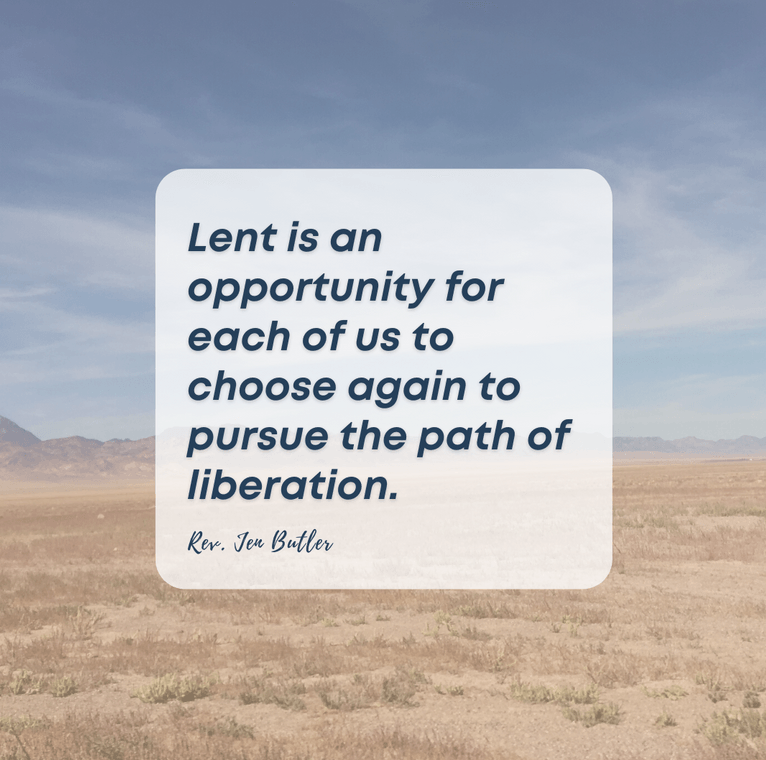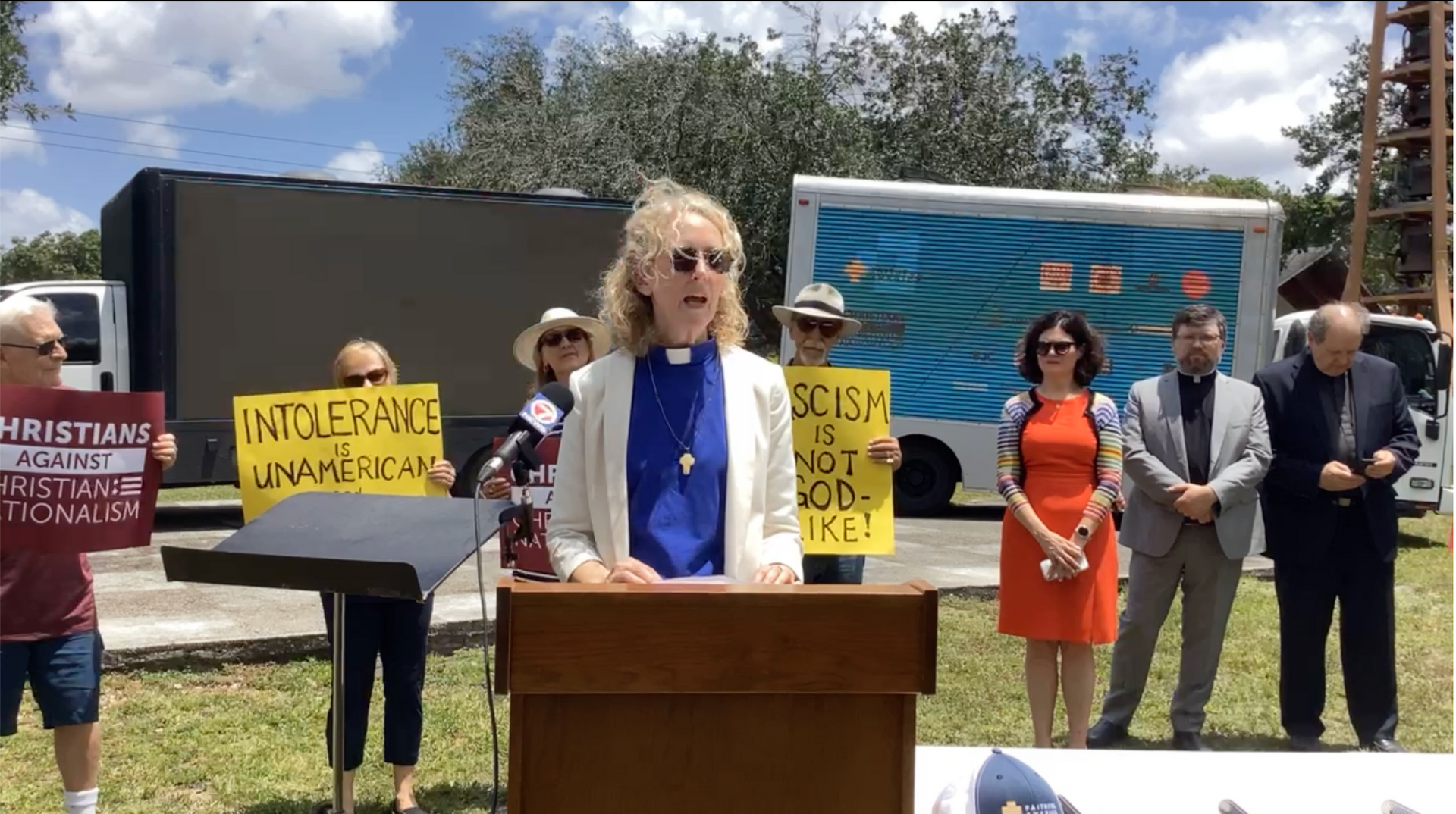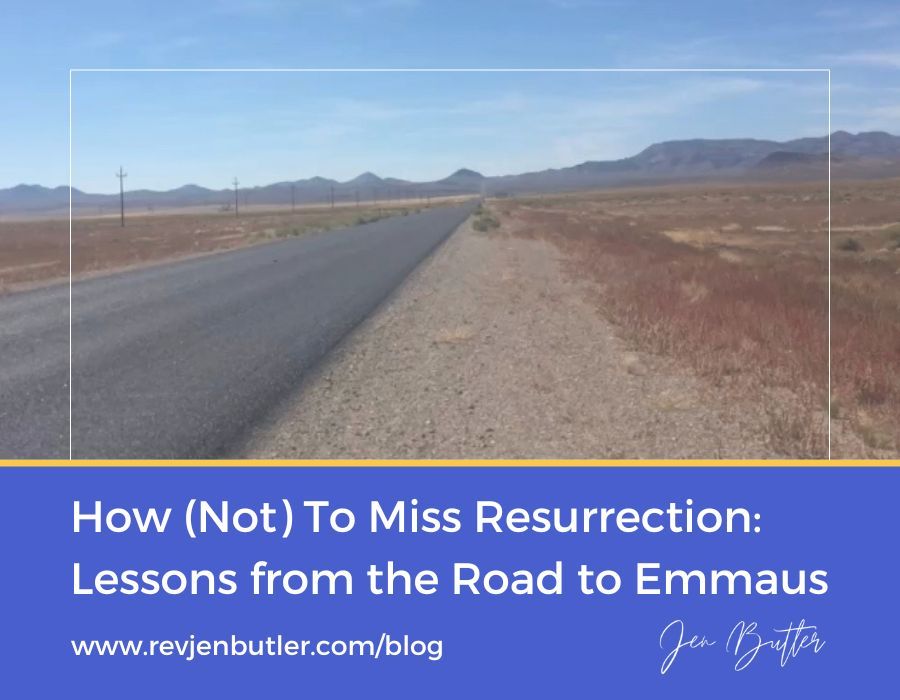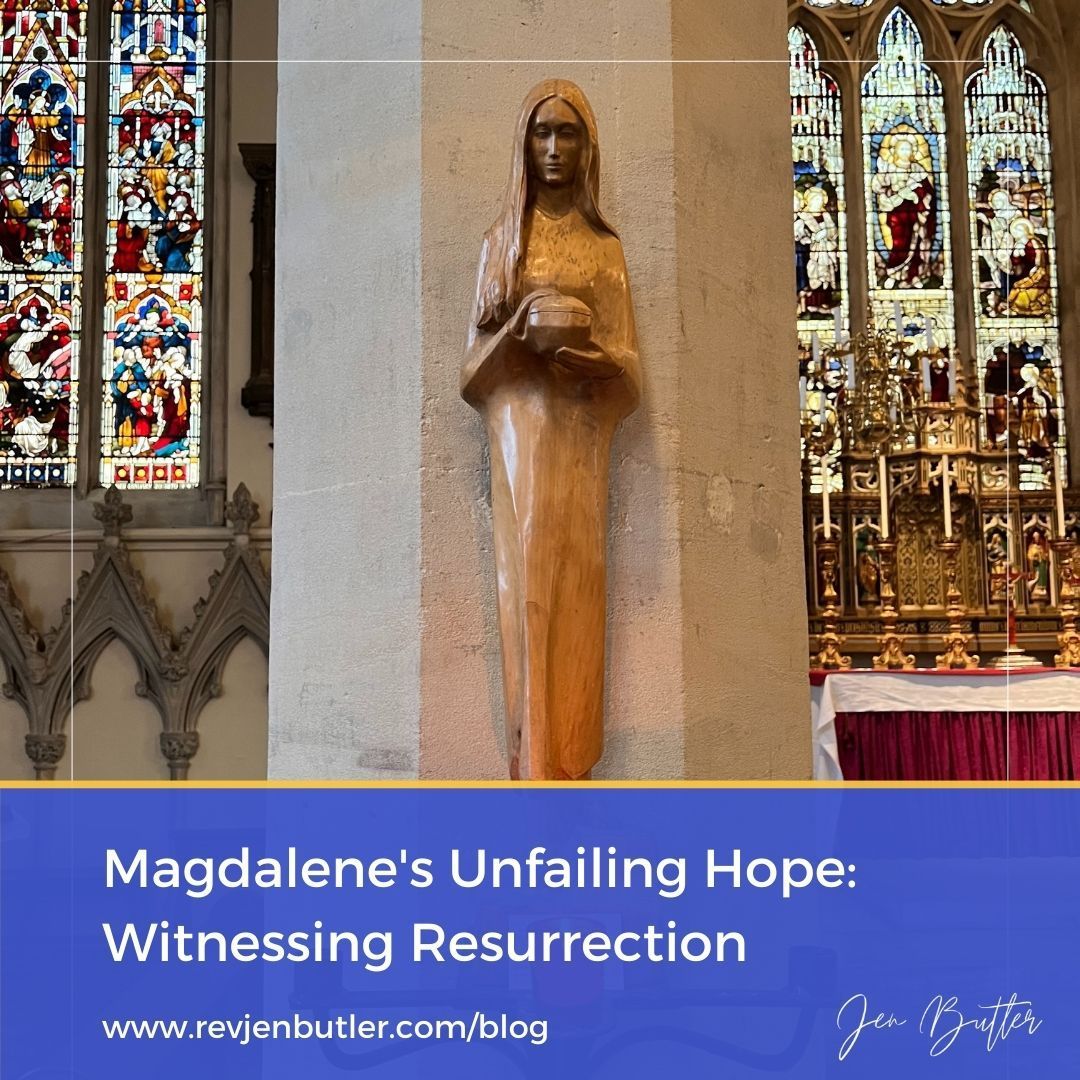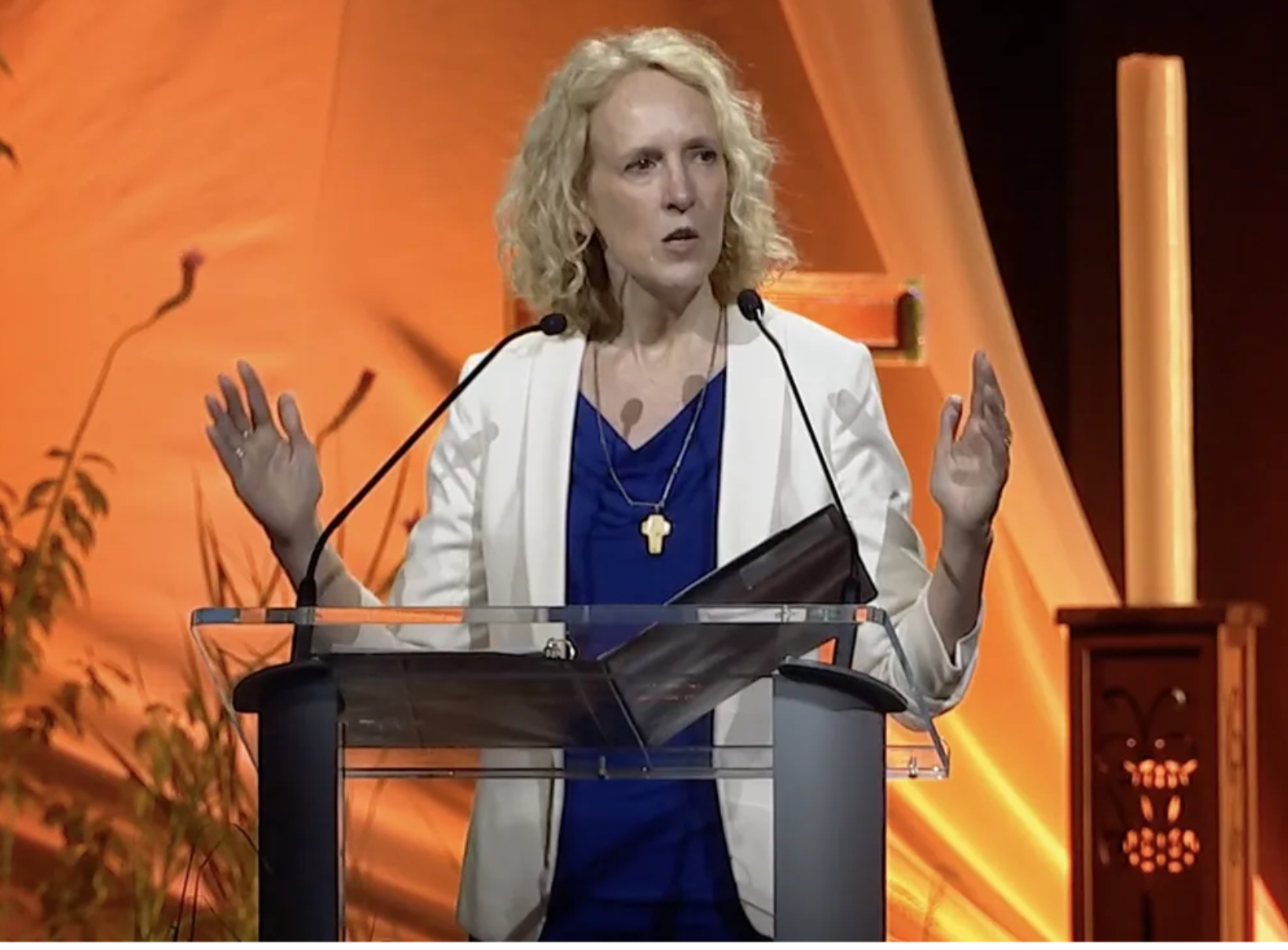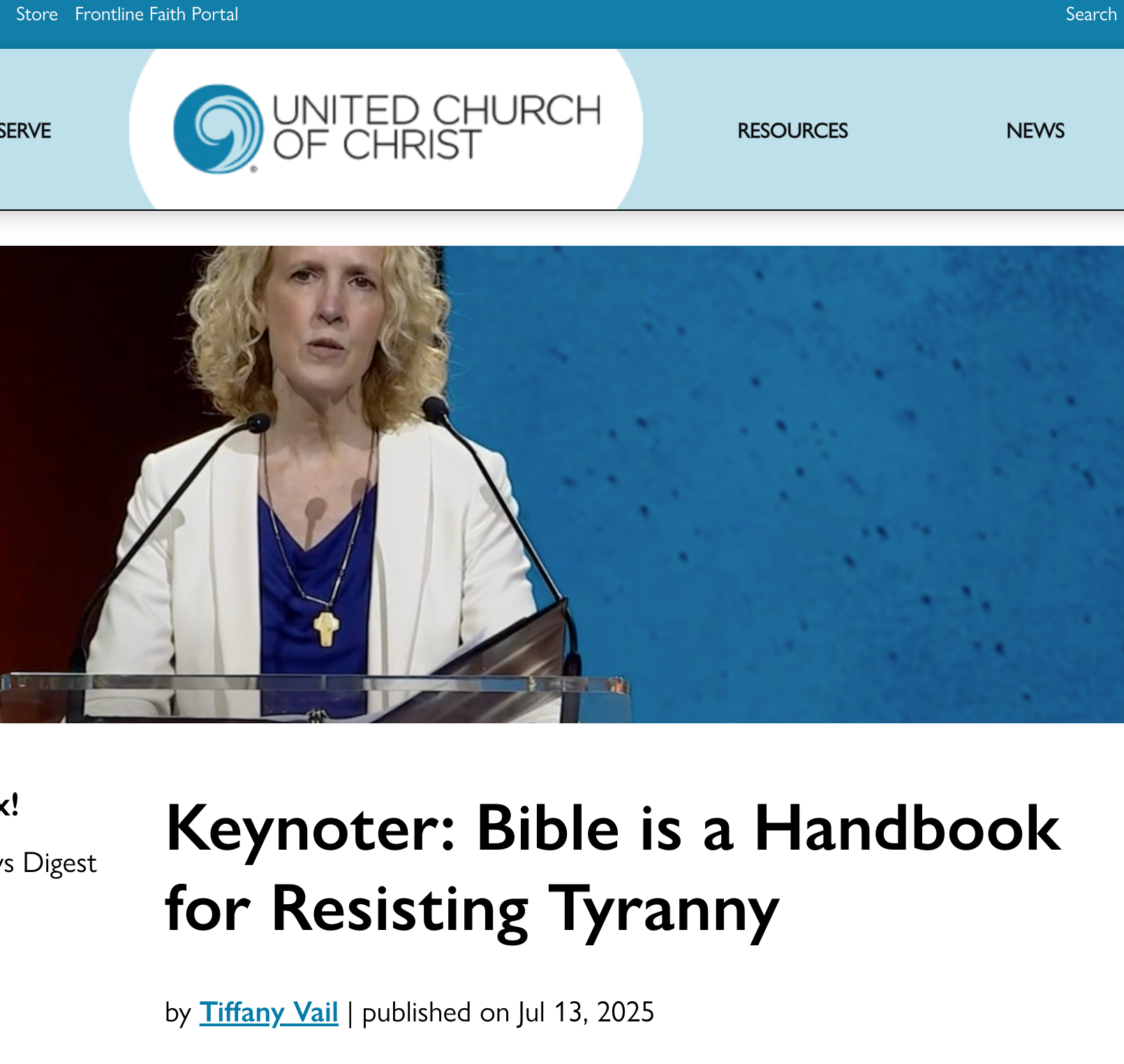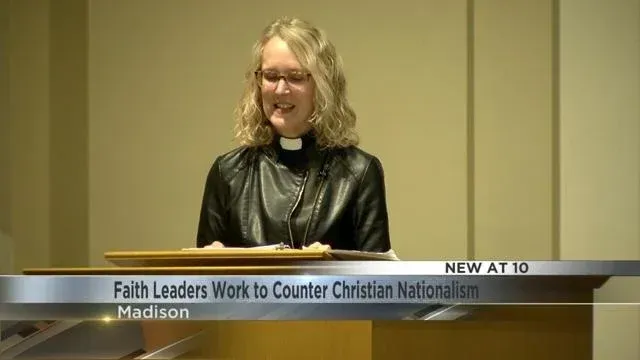Giving Up Power for Lent
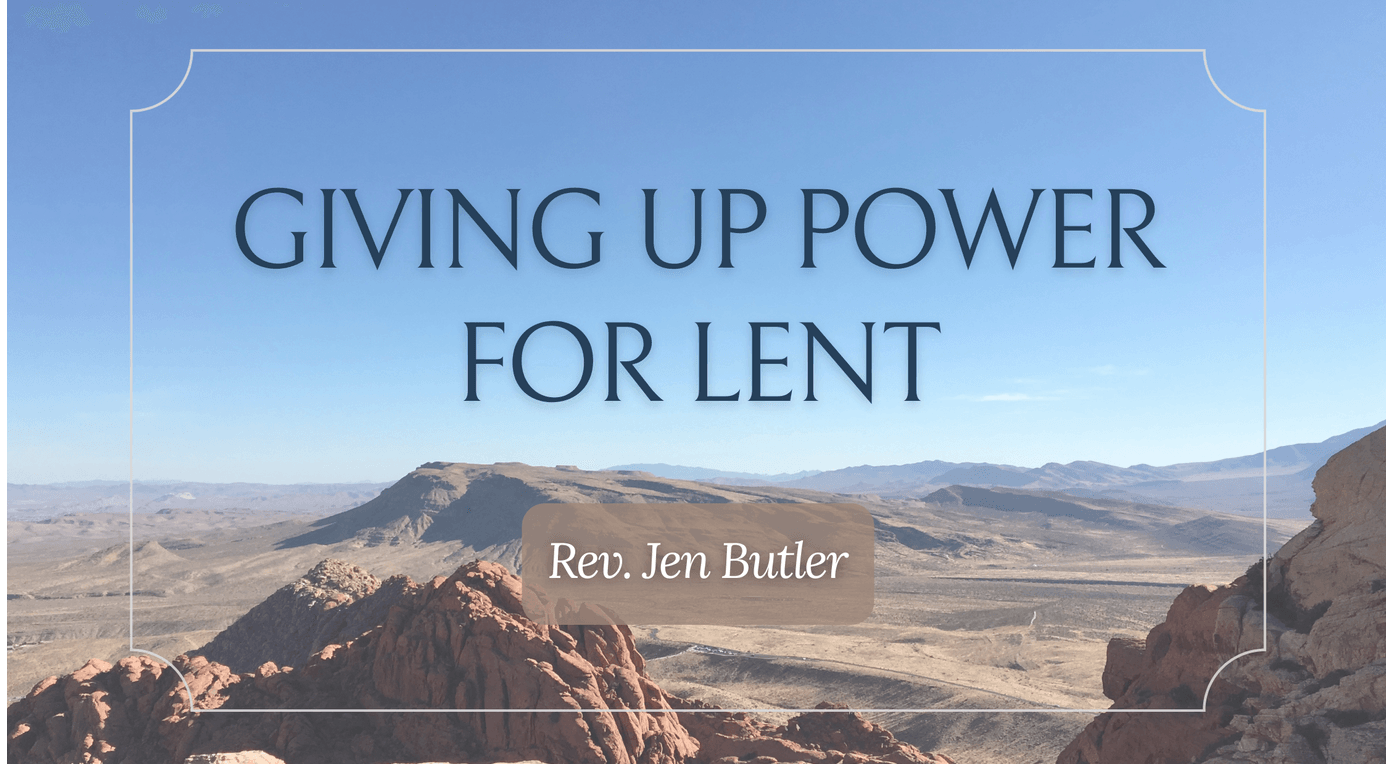
The first time I practiced Lent, I earnestly committed to giving up chocolate, only to cave a few days later. Traditionally Christians fast or give something up during this forty day season of the church calendar that precedes the celebration of Easter. This is meant to prompt self-reflection, increase dependence on God and emulate the forty days Jesus fasted in the wilderness before beginning his ministry.
As Lent began this week, I found myself revisiting that wilderness story found in both Matthew 4 and Luke 4. Jesus has just been baptized and goes out into the desert for forty days to pray. I can imagine he wants clarity and assurance before beginning the next three years of his public ministry. Today we might go on a silent retreat or do a social media detox to get away from the noise and determine our next steps. Jesus does not eat anything during this time, and the devil comes to him when he is at his weakest. The devil offers him what appears to be a path to victory, a shortcut on his mission if only he is willing to make a few compromises.
He tempts Jesus with three familiar methods of consolidating power.
1) Wealth
The devil begins by telling Jesus, “If you are the Son of God, tell this stone to become bread.” (Luke 4:3, Matthew 4:3 NIV) At first glance the temptation here seems obvious. Jesus has not eaten for forty days and is hungry. We see Jesus perform similar miracles later in the gospels when he multiplies food to feed his followers, so turning stones to bread and satisfying his own hunger should be a simple choice.
However, Jesus responds that humanity “does not live on bread alone, but on every word that comes from the mouth of God.” (Matthew 4:4) The temptation was not only to meet Jesus’ physical needs at that moment, but to prove his identity and assert his leadership through bribing people with material comfort. Buy the people off with strong stock market returns, real estate ventures, military contracts, tax breaks, cheap goods, and credit cards and they will follow you. Jesus rejects superficial satisfaction in pursuit of a deeper, more fulfilling path that leads to true justice.
2) Political Power
Then, the devil takes Jesus to a high place and shows him all the kingdoms of the world. “I will give you all their authority and splendor, for it has been given to me, and I can give it to anyone I want to. So if you worship me, it will all be yours.” (Luke 4:6-7) This is a promise of ultimate political power. This power remains alluring today to anyone willing to sell their soul for it. We see the pursuit of this power when autocratic rulers invade neighboring sovereign nations. We see it when a former president foments violence and encourages his supporters to storm the US Capitol to overthrow a democratic election and install him to power.
However, Jesus is not swayed. He responds, “Worship the Lord your God and serve him only.” (Luke 4:8) He recognizes that the idolatry necessary to maintain this type of political power will not lead to true peace. This same idolatry is at the root of the Christian nationalism we see today. They have recast God in the image of tyrants in exchange for proximity to power. Jesus rejects the nationalistic or militaristic path to power.
3) Spiritual Pageantry
Finally, the devil takes Jesus up to the top of the temple in Jerusalem. He tells Jesus to prove his divinity by throwing himself off the temple, because surely God would send angels to protect him. Jesus does not take the bait and replies, “Do not put the Lord your God to the test.” (Luke 4:12) He would not turn God into a divine slot machine who provides certainty through miracles or signs on demand. Jesus refused to participate in this type of spiritual pageantry.
The kings and emperors of Jesus’ day would use spiritual pageantry to claim divine authority and preserve their power. Their military or political success appeared to be proof enough that their empires were ordained by God. If presidents or kings claim that they are divinely appointed to rule, then they cannot be challenged or questioned. Similar false claims of spiritual authority were used throughout our own history to justify slavery and the genocide of Native Americans.
Today we see this same spiritual pageantry at work when Christian nationalists claim that America is a Christian nation that has been uniquely chosen or blessed by God. This spiritual certainty of divine authority or victory is tempting, but ultimately false. Jesus resists self-exaltation and the hoarding of power in favor of a vision of collective liberation and flourishing.
Choosing Another Path Out of the Wilderness
Through resisting these temptations, Jesus rejects the historical methods of consolidating power that were seen in the empires of his day. He resists the path of autocracy and chooses a different path. Immediately after Jesus resists the temptations in the desert, he returns to his hometown of Nazareth and goes into the synagogue to proclaim what I see as the mission statement of his entire ministry. He quotes the book of Isaiah and declares:
“The Spirit of the Lord is on me, because he has anointed me to preach good news to the poor. He has sent me to proclaim freedom for the prisoners and recovery of sight for the blind, to release the oppressed, to proclaim the year of the Lord’s favor.” (Luke 4:18-19)
Jesus rejects the traditional path of hoarding and wielding power. Instead, he reminds the people of a better path using the words of the prophets. This path is one of collective liberation and flourishing.
Jesus’ forty days in the wilderness is in direct parallel to the forty years the Israelites wandered in the desert following the Exodus from Egypt. This could represent a “do over” where Jesus resists temptation and makes the right choice. He does not need to buy people off with bread. He rejects the offer to be king. He refuses to use spiritual pageantry to trick the people into submission. No, now it was the time to write the law on people’s hearts by overcoming the desire for control and domination. God’s liberation ethic would be the only way forward.
We are in a wilderness moment as a nation. When faced with the temptations of greed, power hoarding and spiritual pageantry, will we cling to those false promises of empire or resist them? Will we continue on the path that began with our original sins of slavery and genocide or will we repent and choose a new path?
It is important to recognize how these temptations to consolidate power impact our leaders or politicians, but Lent is ultimately a season of self-reflection. In our still imperfect democracy, we all have a voice in the path we take as a nation. Lent is an opportunity for each of us to choose again to pursue the path of liberation. Our Lenten practices can be about more than giving up chocolate. They can be a spiritual discipline to resist the temptations of individual power and choose collective flourishing. We can still choose to build a country where everyone, no matter our race, faith or zip code, can live in freedom and dignity.
